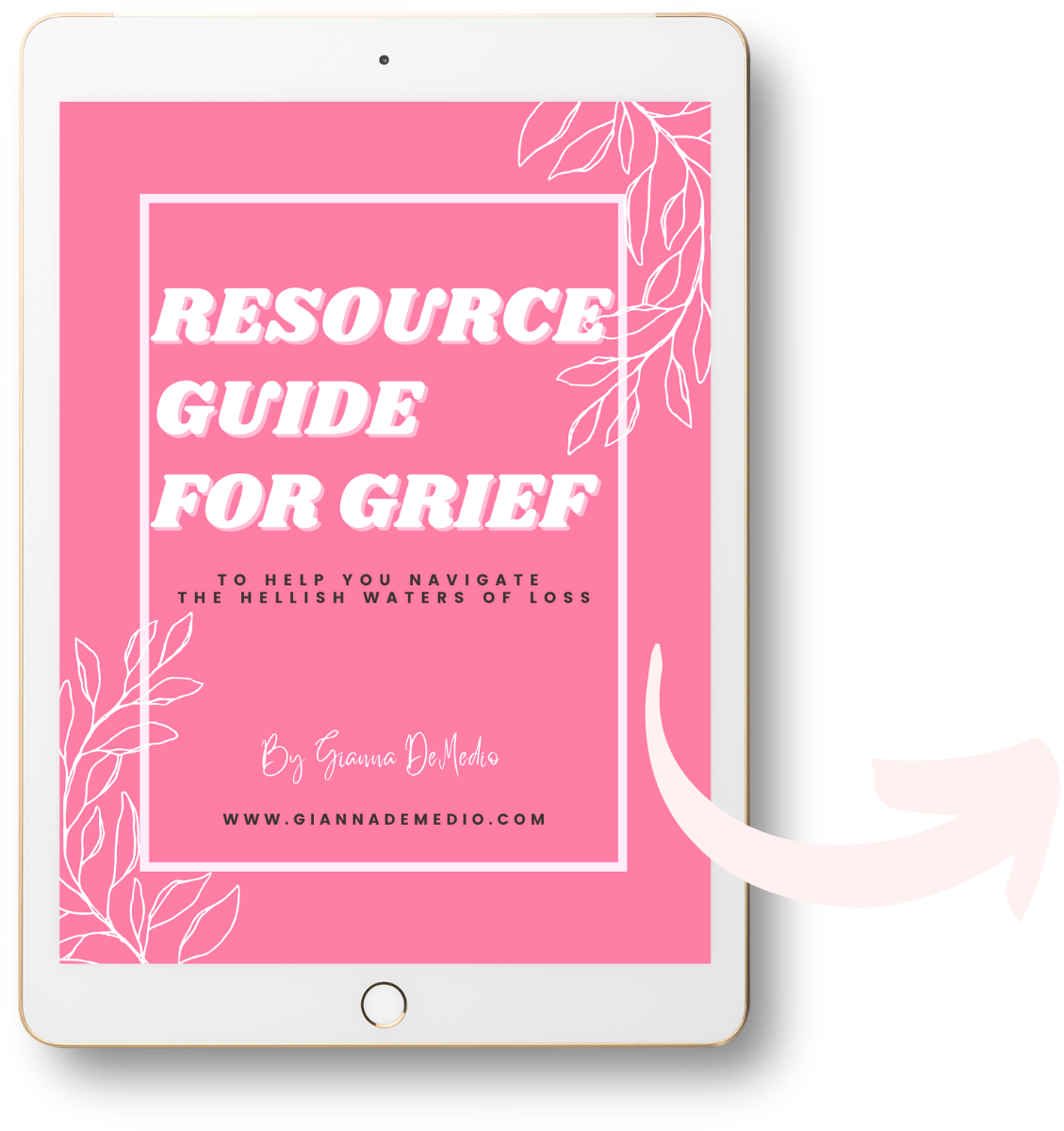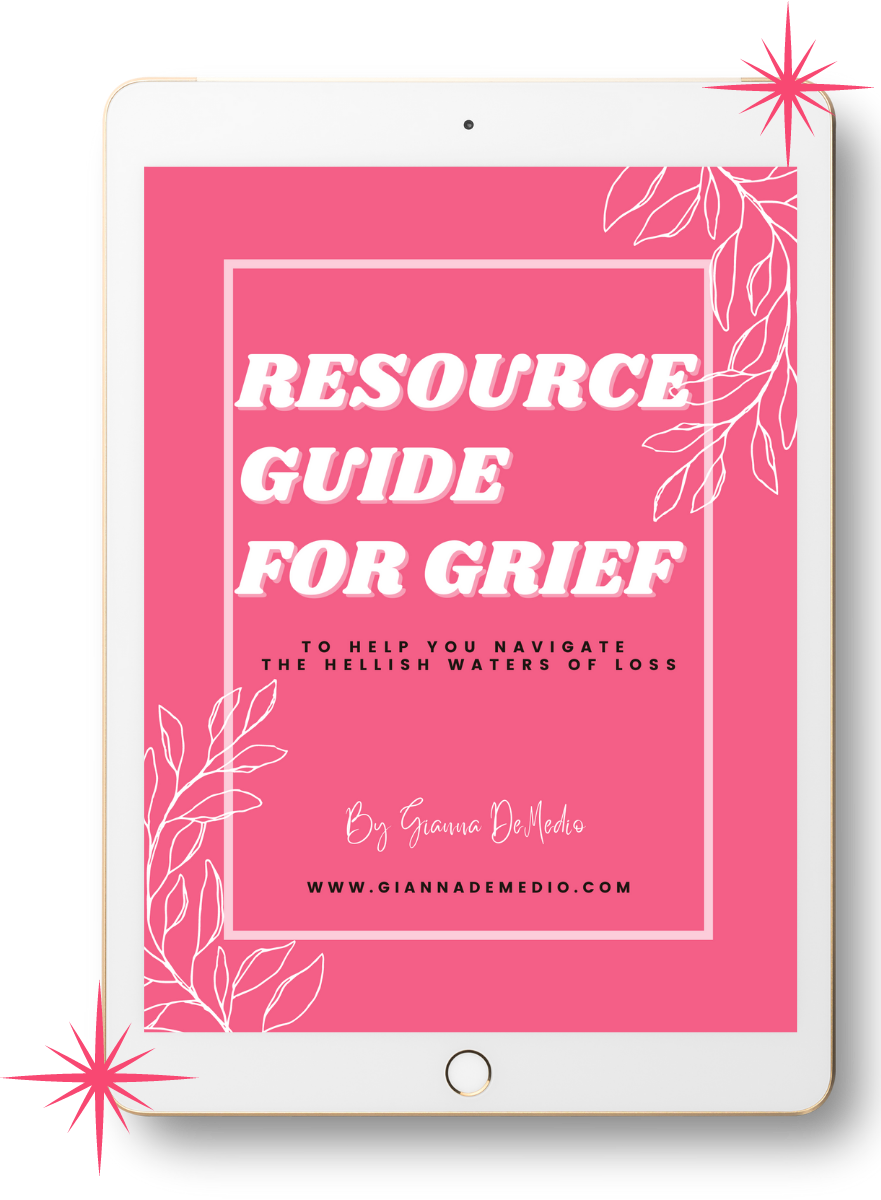Remember being in school growing up and thinking to yourself in the middle of a lesson, “Whyyyy the hell are they teaching me this? I’m never going to use this information outside of here.” I did that especially with math. “I want to be a journalist,” I thought. “I’m not even going to use algebra in my career.”
Next thing you know, I’m in my twenties, setting up equations to figure out how many bottles of Tito’s vodka I need to buy for the upcoming bachelorette party I’m attending. I feel remorse for giving my 7th grade math teacher such a hard time. Turns out this stuff is pretty useful to know.
A lesson I did pay attention to was the one of the various literary stylings that would enhance my writing. They helped me earn a spot in advanced placement English classes in high school. They helped me write press releases in my career in public relations. But what I didn’t know was how much one of those stylings would play a role in the loss of my father.
We were in day two of hell. My dad was intubated, non-responsive, and his heart and lungs were an absolute mess from the heart attack. I was in warrior mode. We are going to get him out of here and he is going to be fine.
We had taken over a section of the waiting room as our camp. Starbucks cups, wawa sandwiches and tissues spread out on the tables, but no one feeling stable enough to actually eat or drink. Doctors rotated throughout every now and then explaining what was going on inside his body.
“It’s like they all go to a class in medical school titled ‘Analogies 101’!!!” I snapped. I was sick of hearing analogies. Day in and day out I was given another analogy from the doctors about how my dad’s body was failing to respond in the way they had hoped.
Secretly I liked them because it helped me understand what the hell was going on. For someone who had no medical training, I knew more about the healthcare industry than the average person because of my job within the hospital, but still not enough. It all felt like another language. One I was conversational in, but in this situation I could barely say “hello.”
I don’t think I’ll ever forget the first analogy we were told in the midst of that hell. It was the first time my brain actually registered that things might really not be okay. A thought that I suppressed many times over the week.
“It’s as if you took a marathon runner…” The sweet, small, gray-haired doctor said. “…and you dipped him into a swimming pool…just at the point where the water covers his nose and he’s about to drown…”
He spoke slowly, using his hands to illustrate his point. He looked around the group catching the gaze of each of us as we stared at him intently waiting for the point of this conversation to drop.
Where was he going with this? Is this good news? Is this bad news? Did he know my dad wasn’t actually a marathon runner? The only marathons he participated in were the ones that involved watching NFL games and coverage from 11am to 11pm on Sundays.
“And then that runner loses consciousness…you pull him out of the pool and lay him on the grass.” Well that doesn’t sound good. Daddy is a drowned runner laying soaking wet, gasping for air on the grass.
“You can’t expect that runner to get up and run again right away… you have to let him rest… you have to let his body recover.” Okay, so, this is good. He just needs a nap, perhaps a long one, and he’ll be okay.
“But what we need to figure out… is how much damage that drowning caused him… did we get him out of the pool in time so that he can run again, or no?”
He left and we all spent a few minutes discussing our interpretations of that story.
There might be too much damage done. And it can’t be reversed. He might never run, or live, again.
#doctor #sadness #loss #grief #father #death #analogies #hope










